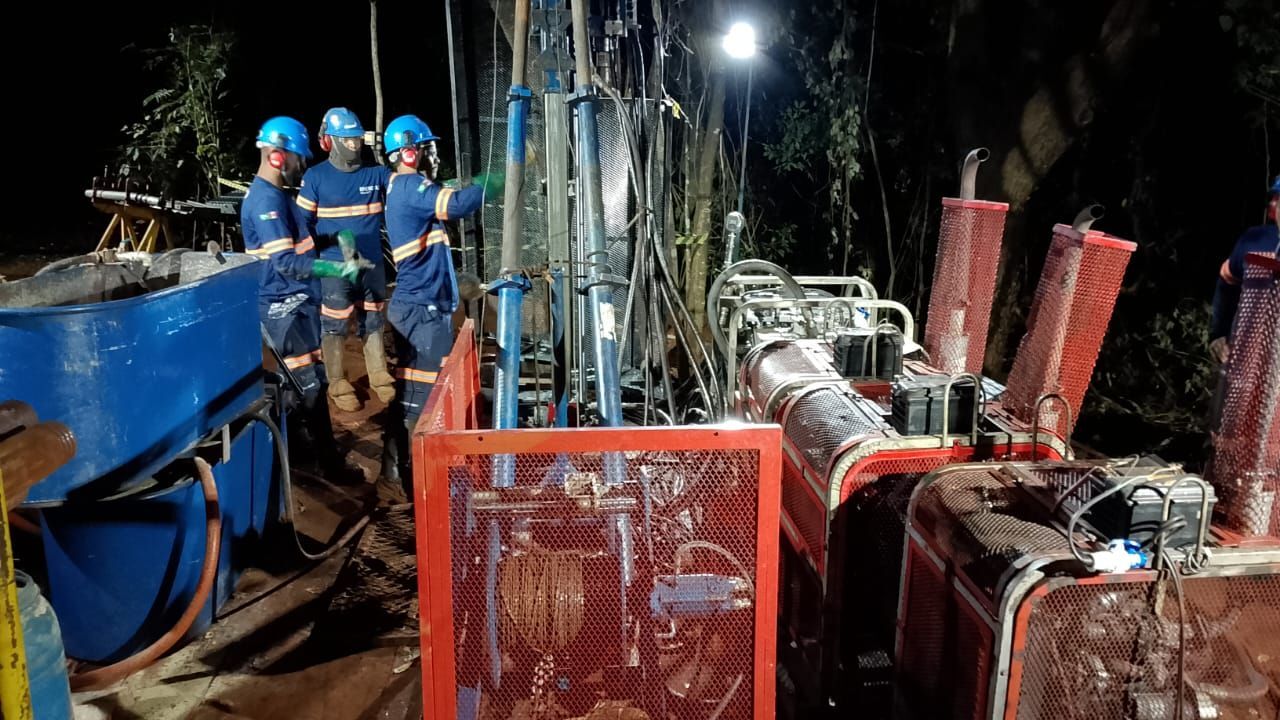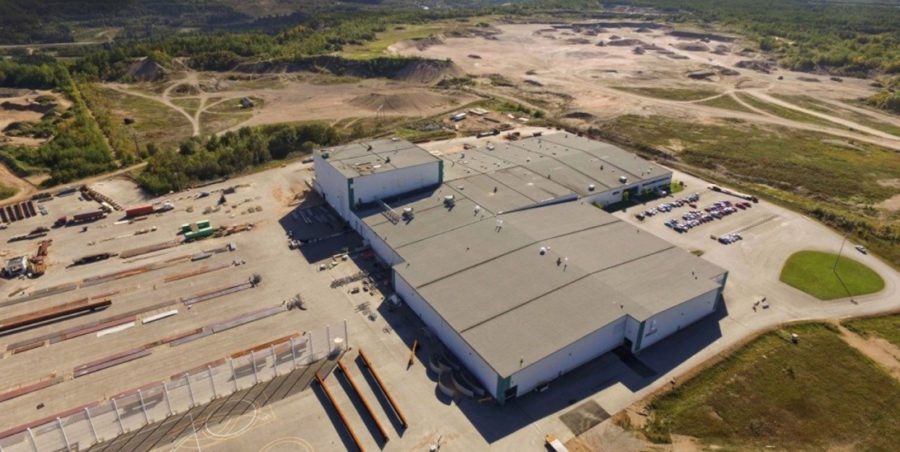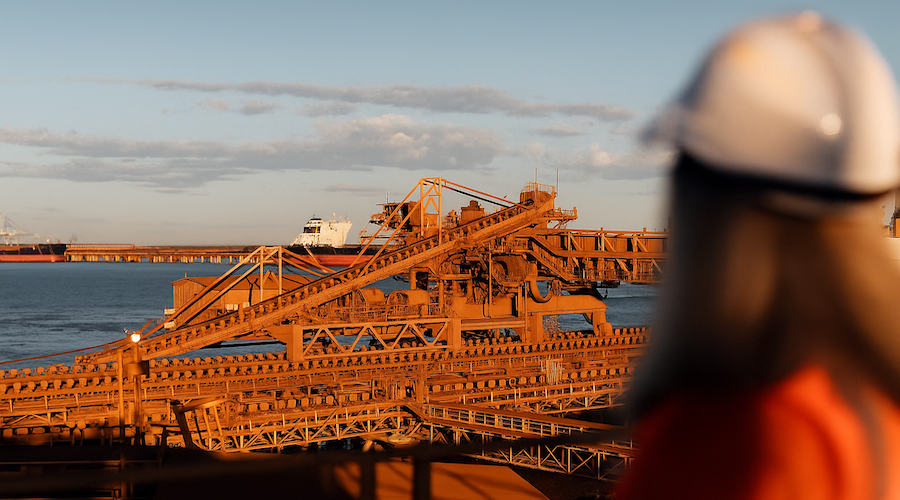Congo’s planned mining code changes ‘too risky’: miners

“The Kibali gold project, made possible by the [current] code’s provisions, increased the country’s gold production by 250% in its first full year of operation in 2014,” says DRC’s Chamber of Mines vice-chairman and former Mines Minister Simon Tuma-Waku.
According to Tuma-Waku, the current legislation, passed in 2002, has supported the Congo’s development to the point where central African nation has overtaken Zambia as Africa’s largest copper producer.
He echoed the views of investors, saying the government must honour the terms on which mining groups made their original investments, given the risks they took at a time of conflict and turmoil in the country.
“The 2002 code attracts investment but not at the expense of taxes. It is, in fact, a model of its kind, which has exceeded expectations in all the dimensions in which success can be measured,” he said at the Chamber of Mines annual general meeting, according to an e-mailed statement.
President Joseph Kabila is trying to increase revenues from the industry by doubling taxes and royalties for miners. Companies, in turn, complain of government harassment and poor power and transport infrastructure.
Industry consultations
Despite the ongoing slump in commodity prices, mining companies contributed more than $1 billion to the DRC treasury last year, according to the chamber.
“The Kibali gold project, made possible by the [current] code’s provisions, increased the country’s gold production by 250% in its first full year of operation in 2014(…) and the future contribution of the mining sector to the public treasury is expected to rise substantially,” Tuma-Waku said.
He urged the Ministry of Mines to resume industry consultations to maintain a fiscal and regulatory regime that would continue to encourage investment.
“It is difficult to understand why, just at the point when it is beginning to reap the full benefits of creating an investor friendly regime, the government now proposes to break down the very good work that has been done, instead of building on it. Its new-look code will set back the mining industry, and with it the development of the DRC economy, by at least 10 years,” Tuma-Waku added.
The DRC’s significant but under-developed reserves of gold, copper, cassiterite and uranium require large amounts of capital, but the flow has been drying up as a result of electricity shortages, falling prices and uncertainty in the investment climate. According to the Chamber of Mines the new code could make the situation even worse.
More News
{{ commodity.name }}
{{ post.title }}
{{ post.date }}






3 Comments
rayban
Luckily there are a lot of other countries in Africa where investors can go long on mining stock .
terrence simms
Sounds like the DRC government is also owned by the dictating money lending Hebrew cartel in the UK/US…. whom have intentionally put the worlds economy’s in a down hill spiral,… hence profit from default loans …. by keeping your assets.
50 countries, including Australia have now joined China’s new bank (AIIB) ”Asian Infrastructure Investment Bank” and it looks like the Rothschild domination of world’s finance industry is coming to an abrupt end.
JEng
A billion dollars is not a lot of revenue given the importance of the commodity. Zambia’s low prices are costing the citizens medical and educatonal improvements. If they don’t pay you enough, you’re no better than a rickshaw coolie.
And there is no way that the other countries especially China and Japan will stop competing to do business with DRC. Even if they don’t need it, they have to keep the uranium that was used at Hiroshima out of the other side’s hands.
http://www.truth-out.org/news/item/30669-abandoned-uranium-mines-plague-navajo-nation
https://www.youtube.com/watch?v=_Vgn0rY4w0I
All that turmoil in the region including Rwanda is probably about World War and is not an African cause but Africa’s problem because Africa’s resources are coveted.